The Enabling State —— Modern Welfare Capitalism in America
----- 有利国家:美国的现代福利资本主义
Studies of the welfare state have formed an important part of public policy research in America since the Second World War. The Enabling State reconsiders the scope of social welfare transfers, how they are delivered, and whom they benefit. In addition to presenting an analysis of direct public expenditures, the authors examine how welfare benefits are derived from the full range of modern social transfers, including tax expenditures, credit subsidies, and those induced by regulatory activity. The work also provides an account of the effect of the `commercialization of social welfare', that is, increased public reliance on private enterprise and market-orientated projects for its welfare provisions.
{{comment.content}}
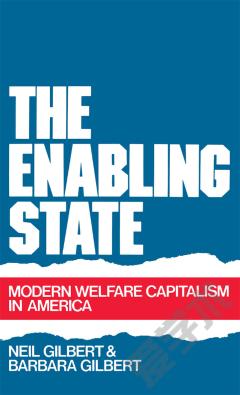
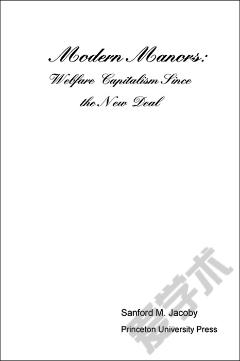
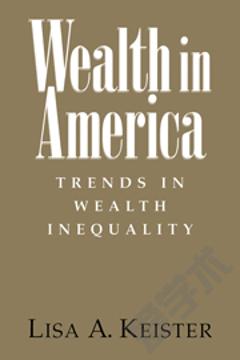

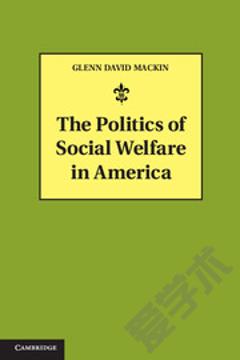

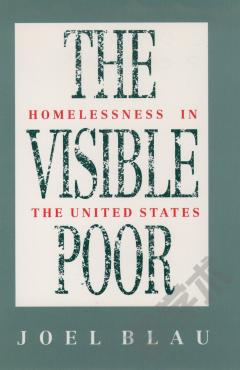

 京公网安备 11010802027623号
京公网安备 11010802027623号